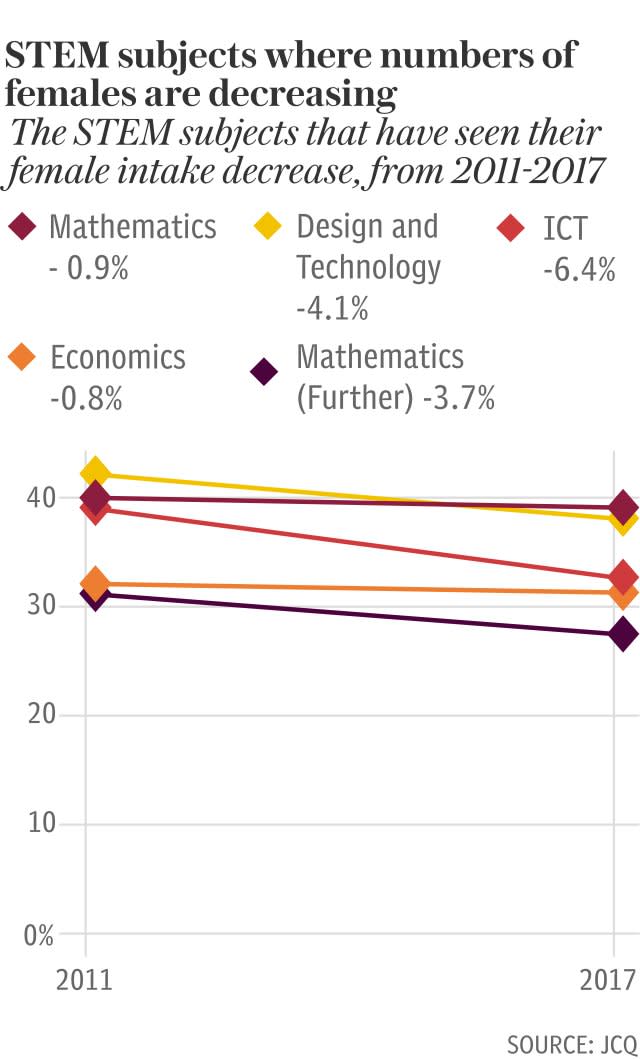Universities are increasingly important to our economic prosperity - that's why we're helping fund a new university for engineering

The global reputation of the UK’s university system, evident in the league tables, is one of the pillars of our economy. A new report from UUK earlier this month found that universities generate nearly £100bn for the economy each year, supporting 940,000 jobs.
We cannot take this for granted. To maintain this reputation, we need to encourage competition and help new providers enter the market. We need to evolve to respond to economic demands and the changing graduate employment landscape. And crucially, we need to make sure we’re offering real value for money, including through accelerated two-year degrees.
These degrees are already commonplace in the US and we know there is strong demand from students and employers here in England. They mean students can borrow less money over a shorter period, enabling a quicker route into work. Unsurprisingly, they also appeal to a much broader spectrum of students, including mature learners wanting to retrain.

There has already been significant progress through our reforms. This month, the Dyson Institute of Engineering and Technology in Wiltshire opened its doors to its first class of undergraduate engineering students. I’ve spoken before about the role that the new regulatory body, the Office for Students, will play in levelling the playing field for new providers.
The Higher Education and Research Act also includes powers to set the annual tuition fee cap - for accelerated courses only - at a higher level than their standard equivalent in order to incentivise more providers to offer these courses.
Today, we’re announcing £15 million worth of funding for a new higher education provider in Hereford. The New Model in Technology & Engineering – or NMiTE – will specialise in engineering courses, training up the next wave of aerospace technicians, bridge-builders and nuclear engineers.
It will also offer accelerated degrees, meaning students can complete their degrees in two years with 46 weeks of teaching annually. This more intensive approach will allow students to immerse themselves in their course and the engineering placements they take up.

The arguments for boosting the UK’s engineering talent are manifold. The engineering sector contributes 26 per cent of the UK’s GDP – more than that of the retail, financial and insurance sectors combined. We also know that STEM skills have a huge impact on individual productivity and earning power. If you’re a young person going into a science or technological career, you’re likely to be paid, on average, 19 per cent more than other professions.
Demand is also growing at increasing speed. According to the Social Market Foundation, jobs in science, research, engineering and technology are expected to rise at double the rate of other occupations between now and 2023.
By getting more young people interested in STEM careers, including through providers like NMiTE, we will be better prepared to meet these demands. I am encouraged to see NMiTE working hand-in-hand with local businesses, as well as Warwick University, on the design of the curriculum, including mandatory work placements of 6-12 months. Other features include a 50:50 gender balance target and plans to support 25 per cent of its student intake through bursaries and scholarships.

This project will be also be transformative for the region. We have already seen in places like Lincoln the power of universities as anchor institutions, bringing talent and jobs to the area. Hereford is one of the only three counties in England not to have its own university, meaning significant numbers of young people moving away to study. Today’s investment will help reverse this trend, building a skills pool that is genuinely tailored to employer needs.
We have heard loud and clear that students want a diversity of choice. We need a market that reflects the huge range of skills, interests and career choices of today’s young people, including for those who want a faster pace of learning and a quicker route into the workplace. I hope that NMiTE will offer this for some of the country’s budding engineers.
It forms part of our plan to make sure students have more information, more choice and more flexible ways of learning than ever before.

 Yahoo News
Yahoo News 
